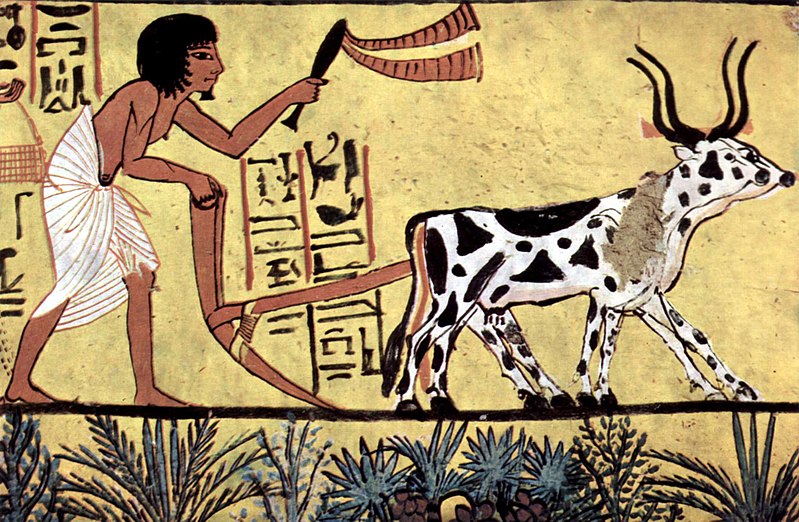 |
| via Wikipedia |
On the BBC website today, it's being reported that Prince Charles has once again taken on the state of current food production practice:
Speaking in Germany, the Prince of Wales said the "aggressive search for cheaper food" should be replaced by more sustainable production worldwide.Of course, the Prince is correct. I recently watched a BBC 3 programme called The Horsemeat Banquet, an entertaining experiment in challenging people to walk the walk, rathter than just talk the talk about food. But the magic moment, the "money shot", came when they did a brief survey of street food / takeaway food. It is very much worth a watch--I've edited the clip down, but if you get the chance to see the whole programme, do. It's well worth it.
He said farmers were being "driven into the ground" by low prices, which had led to some "worrying shortcuts".
He also warned low-quality food could lead to "unaffordable" future costs.
The prince said rising costs of dealing with type 2 diabetes and other obesity-related conditions, coupled with practices which damage the environment, meant cheap food production was "not cheap at all".
"The only reason it appears cheap in the shops is because the costs either fall somewhere else, or they are being stored up for the future," he said.
'Unrewarding profession' "The recent horsemeat scandals are surely just one example, revealing a disturbing situation where even the biggest retailers seem not to know where their supplies are coming from."
He said responsible farming methods are considered a "niche market", and questioned why the system rewards those whose methods have "dire and damaging effects" on the environment.
"That [cost] then has to be paid for over and over again elsewhere - chiefly, in all probability, by our unfortunate children and grandchildren, whose welfare I happen to care about," he said.
Speaking at a conference on regional food security at Langenburg Castle in the state of Baden-Wurttemberg, the prince also warned farming had become an "unrewarding profession" which young people did not want to enter.
He said: "In the UK, I have been warning of this for some time and recently set up apprenticeship schemes to try to alleviate the problem. But the fact remains that at the moment the average age of British farmers is 58 and rising."
What this clip says to me is just how much of our food distribution system we have to take on faith, how much we have to blindly trust that our interests are being looked out for.
And, of course, our interests are not being looked out for. Capital is looking out for the interests of capital--that's the point behind capitalism. We like to think that by doing so, somehow societie's interests are best served, but that is clearly not the case. The case can be, and has been, made that the interests of capital are antithetical to the interests of society--and that is a very easy case to make when talking about the international food system.
Why buy local? Why the interest in the 100 Mile Diet and the locavore movement? Because we can no longer trust our food system. Period. Full stop. Cannot trust it. The only good thing is that we can do something about it--the food system is one place whered individuals can still make a difference.
No comments:
Post a Comment